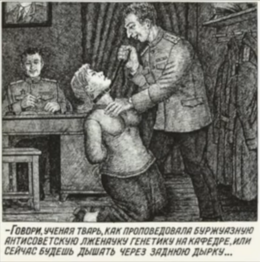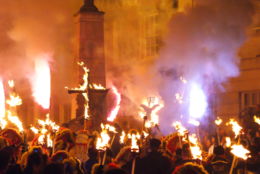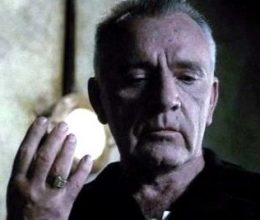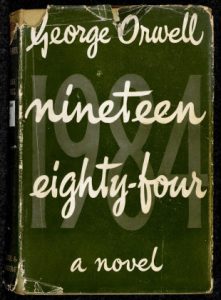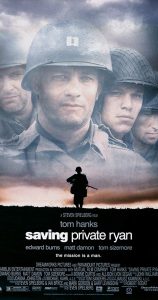2,875 words
Part 2 of 2 (Part 1 here)
No Russian Leaders
The London Morning Post correspondent then tried to determine who the Bolsheviks were who had terrorized Kiev. His findings were:
In the first place, as Kiev knew the Bolsheviki, they are utter aliens — Letts, Finns, internationalized Jews, Rumanians, anything except actual Russians. (more…)
